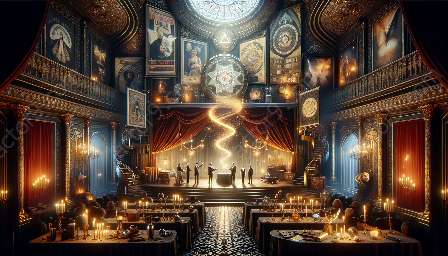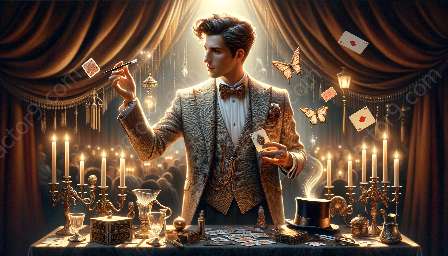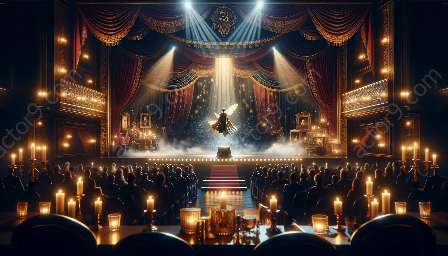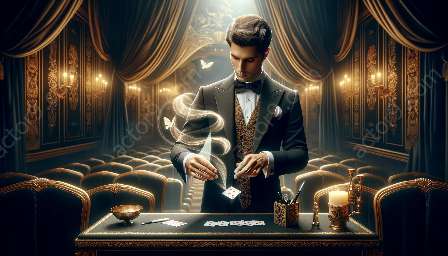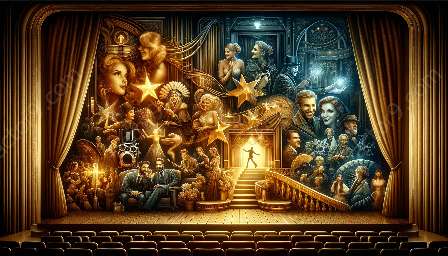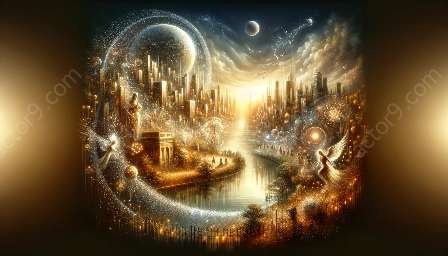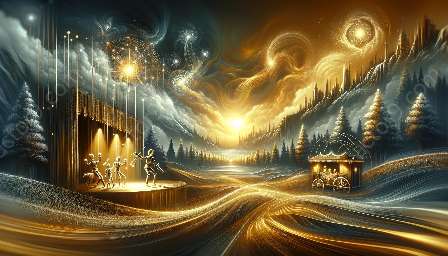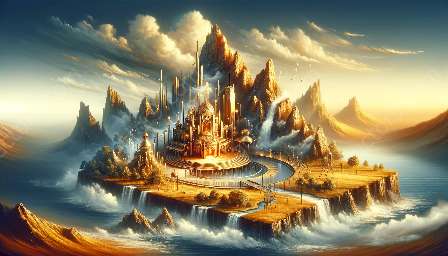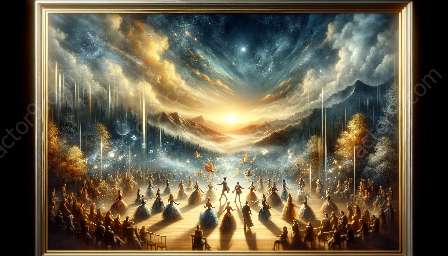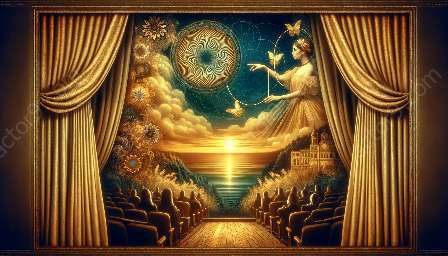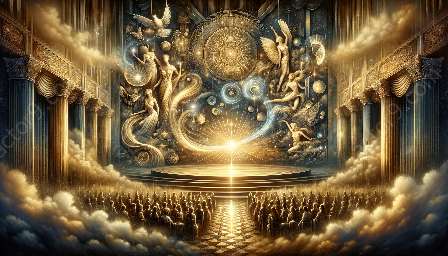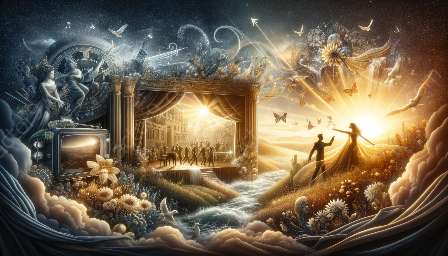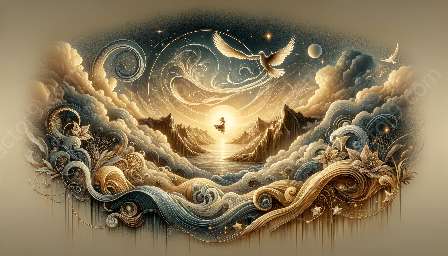Stage illusions, encompassing magic and illusion, require a high level of skill and mastery in various artistic disciplines. From sleight of hand to the understanding of psychology, the art of stage illusions demands a combination of creativity, performance ability, and technical know-how.
Skills Required for Stage Illusions
Sleight of Hand
One of the fundamental skills for stage illusions is sleight of hand. This involves the dexterous manipulation of objects, allowing the performer to create the illusion of magic or the supernatural. Sleight of hand requires countless hours of practice to perfect the fluid and seamless execution of these maneuvers.
Art of Misdirection
Misdirection plays a pivotal role in stage illusions. Mastery of this skill allows performers to guide the audience's attention away from the actual method used to achieve the illusion, creating a sense of wonder and amazement.
Psychological Understanding
An in-depth comprehension of psychology is also crucial for mastering stage illusions. By understanding cognitive biases, perception, and attention, performers can effectively manipulate the audience's minds to create truly awe-inspiring illusions.
Artistic Disciplines Involved
Performance Art
Stage illusions are a form of performance art, requiring a deep understanding of theatrical techniques, body language, and stage presence. Performers need to engage and captivate their audience, adding an extra layer of artistry to their illusions.
Prop Design and Construction
The creation of props and equipment specifically designed for stage illusions involves an artistic discipline in itself. From hidden compartments to complex mechanisms, the art of crafting these devices adds a multidimensional aspect to the performance.
Storytelling and Narrative
Integrating storytelling and narrative elements into stage illusions enhances the artistic impact of the performance. This involves the skill of creating compelling narratives that complement the illusions, contributing to a cohesive and captivating show.
Technical Proficiency
Lighting and Sound Design
Technical proficiency, particularly in lighting and sound design, is essential for creating the right atmosphere and ambiance to complement stage illusions. The seamless integration of light, sound, and visual effects accentuates the overall artistic experience for the audience.
Technological Innovation
With the advancement of technology, stage illusions have evolved to incorporate innovative and cutting-edge technological elements. This requires a proficiency in utilizing and integrating technology seamlessly into the performance, enhancing the artistic impact of the illusions.
Mastering the art of stage illusions demands a harmonious blend of technical expertise, artistic proficiency, and impeccable skill. By honing these skills and disciplines, performers can captivate audiences with the mesmerizing wonder of magic and illusion.

